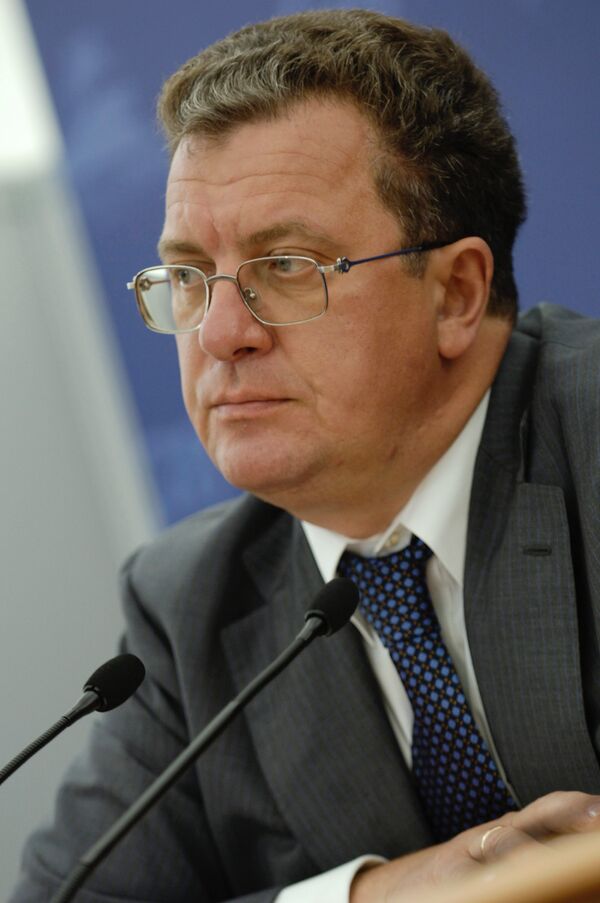A Russian presidential aide on Friday highlighted how Moscow's concerns had been dealt with by some of the key provisions of the new Russian-U.S. arms control pact.
Moscow and Washington announced last week that a new strategic arms control treaty, reducing nuclear warheads to 1,550 and delivery vehicles to 800 on each side, would be signed in Prague on April 8.
Sergei Prikhodko said the new pact will address the return capability of missile launch facilities and heavy bombers, which would lay the legal groundwork for the subsequent elimination of some types of delivery vehicles.
He added that the new treaty would contain guarantees that strategic submarines and heavy bombers armed with conventional weapons would not be modified to carry nuclear weapons. Russia has been concerned that the United States could circumvent the arms cuts by returning mothballed delivery vehicles to combat use if it wanted to.
He said the new pact would establish a simplified verification mechanism, which would almost halve verification costs. Russia has in the past bridled at some of the more intrusive elements of the START 1 treaty, which expired on December 5, 2009.
Prikhodko stressed that the new deal would not require additional funding from the federal budget.
He added that further savings would be achieved by simplifying the procedure for the dismantling and destruction of strategic weapons, as well as making it technologically more effective.
He also said the new treaty would contain an explicit prohibition on the deployment of strategic offensive weapons in third countries.
Russia and the United States began negotiating a strategic arms control pact after the two countries' presidents met in April last year, but the work on the document dragged on, with U.S. plans for missile defense in Europe a particular sticking point.
After the pact is signed, it has to be ratified by the U.S. Senate and both houses of the Russian parliament to come into effect.
A working group of Russia's Federation Council and the U.S. Senate is due to meet in Washington on April 19-21 to discuss the document's ratification.
MOSCOW, April 2 (RIA Novosti)


